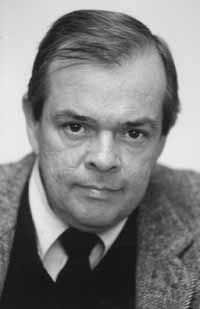The latest meeting of the Kurultai of the Crimean Tatars gave me a certain feeling of pride that Ukraine, for all the shortcomings about which I have written so many times, is at least trying to do the right thing here. It is also worthwhile recalling the background of this people, so unjustly treated by the Soviet regime. In 1944 the Crimean Tatars — men, women, children, babies, and soldiers at the front once they came home — were all exiled to Central Asia for alleged collaboration with the Nazis. When they were exiled, half died in transit or in the first year. Our Armenian friends will certainly find something that sounds familiar. The Crimean Tatars were later rehabilitated but not allowed to go home. The land was too strategic, too blessed by sun and sea, and others had taken the place of those who preceded them. Those who did try to return could not get the almighty propusk (residence permit), and without that they could not get work. They organized a peaceful, legal, absolutely correct movement for their return to their homeland. Rereading Ludmilla Alexeyeva’s Soviet Dissent (1985), I find that this representative of the Moscow Helsinki Group found in the Tatars’ publications a forerunner to her group’s own Chronicle of Current Events. And one Tatar petition alone, to the XXIII Congress of the CPSU in 1966 was signed by 130,000, almost the entire adult population of that nation. Mustafa Dzhemiliov, their undisputed leader and national hero, had more than one encounter with the KGB and more than one prison stay. The Tatars for all their trials never broke the regime’s law, and the lawless regime never broke them. Only when the Empire of Evil was in its death throes could they return en masse, and they did, to a cold, cold welcome from those who now occupy their homes. Their tragic story remains to become an indelible part of the public consciousness here as it must be. They still thirst for recognition and representation. They have their majlis assemblies and from time to time their Kurultai, national assembly. They are disciplined, determined, and they look to Kyiv for support against the local Russian Communists of the Crimea. They cannot be ignored. Muslim and Tatar, they are in their own way the most Ukrainian of all the Ukrainians. Their history is intertwined with Ukraine as is their fate. The only question that remains is whether the Ukrainian state will hear, heed, and give the official representation they so richly deserve to this nation that can only bring honor and beauty to the bouquet that is the multinational people of Ukraine. It is a matter of conscience and honor for this country. As an outsider, I cannot advise, only observe and hope that those I see will rise to the call of morality and justice.







